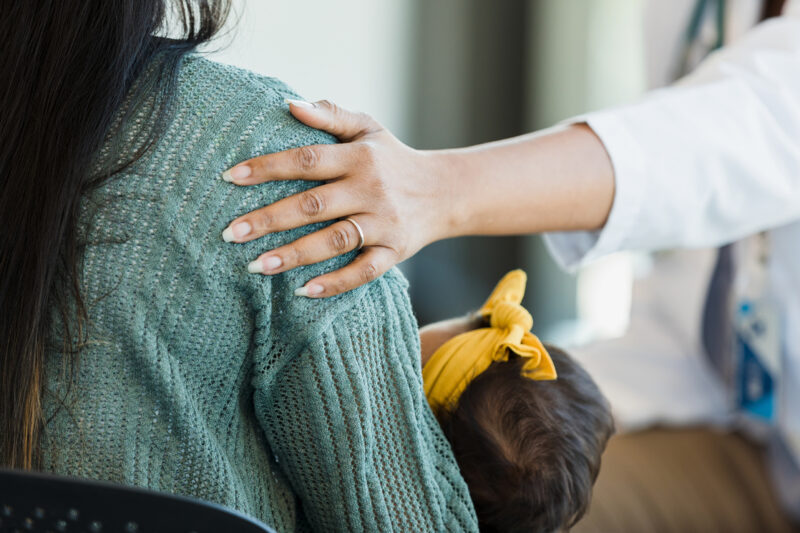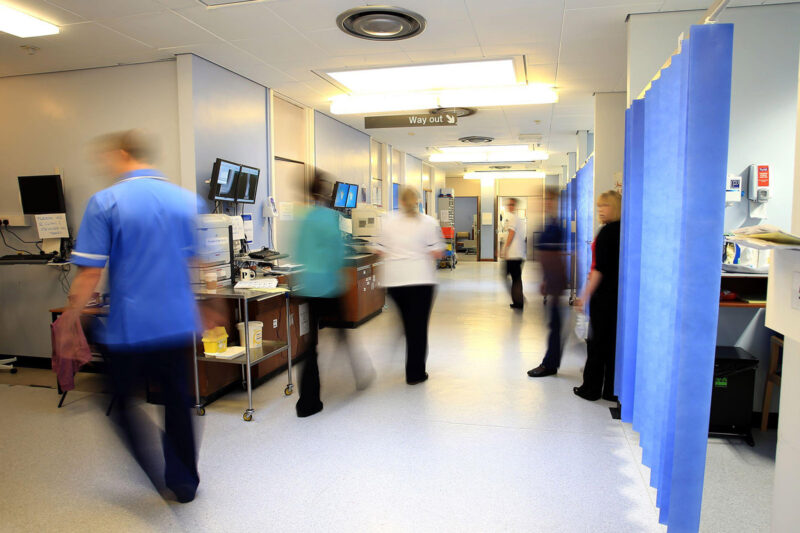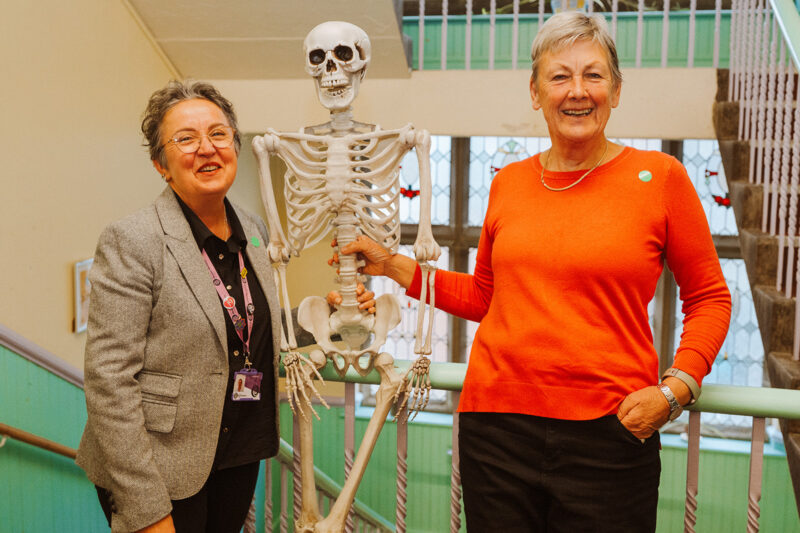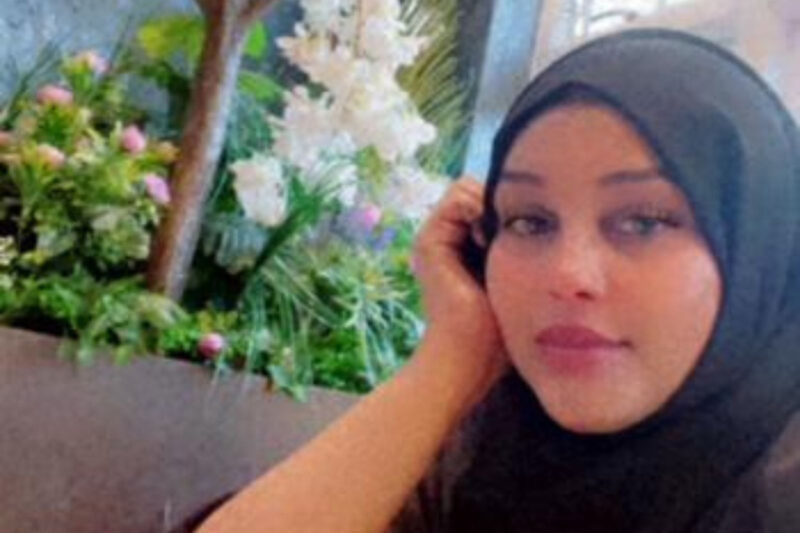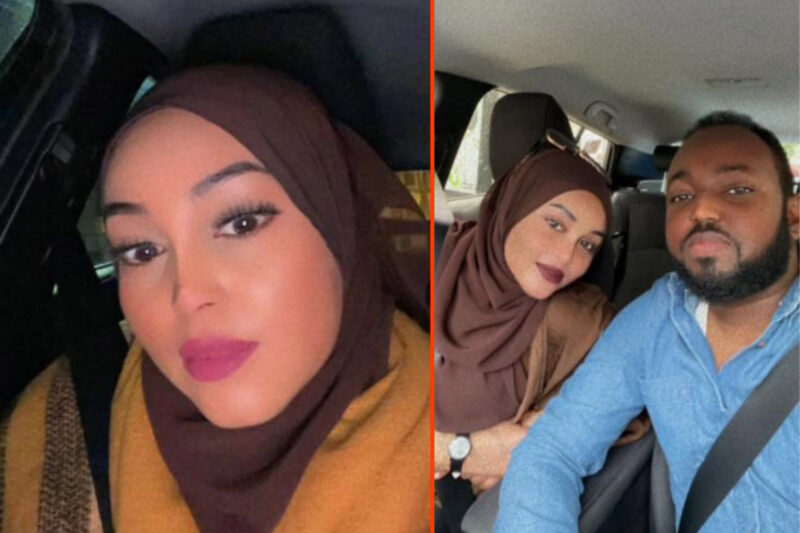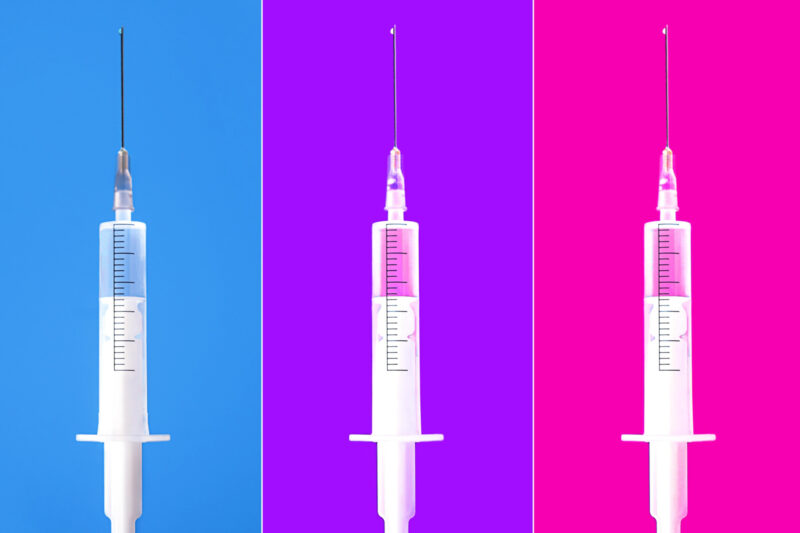Nine months pregnant, I can’t help but feel scared of being at the mercy of a broken maternity care system
Though I’m filled with excitement for my new baby, I know the NHS is on its knees and ethnic minority mothers are actively at risk

My hospital bag is packed. The tiny clothes are neatly folded away, smelling of laundry detergent and anticipation. My toddler prods my stomach impatiently every morning: “Has the baby not come out yet mama?” A brand new baby seat waits expectantly on the back seat of the car and there’s a knitted blanket embroidered with a name that is still unfamiliar to our tongues.
“You must be so excited!” people love to say as my belly grows larger and my waddling becomes less possible to ignore. And when I say “yes!” with a tinge of false enthusiasm, it’s only partially a lie. I am excited for newborn cuddles, for the biscuity smell of a brand new baby’s head, their delicate skin and the way their hand curls instinctively around your little finger. I am looking forward to seeing my first baby blossom into an older sibling, to having our home filled with the coos of a tiny new person again, and to feeling a little less clueless this time round.
But there are other thoughts too — darker ones that people are less interested in hearing about. They have been metastasising in my mind since my motherhood journey started three years ago, and they are coming to the surface now that it’s almost time to face labour again.
Memories of the birth of my first child are marked by gushes of love and wonder, gratitude and disbelief: the life-changing magic of holding him in my arms for the first time. But there are also flashes of trauma from childbirth itself and the days in the hospital that followed. Complications from giving birth meant I was rushed to an operating theatre with the certainty that I was going to die before my baby would ever know his mother. Then, somehow, I was back with him in my arms as he screamed for milk that wouldn’t come, the hospital too overworked and understaffed to offer support. I remember sitting alone, bleeding on a wheelchair in a corridor because there were no free beds once my labour was over.
Throughout this pregnancy I’ve found myself haunted by the fear that I am about to experience it all again.
These apprehensions are not without cause. Like all women expecting babies right now, we are at the mercy of a system on its knees — one so broken that a recent report by the Care Quality Commission reviewing 131 maternity units found that preventable harm to both mothers and babies, including physical injuries, mental trauma and death, is so widespread that it is at risk of being “normalised” in maternity care across the UK.
The report found that even in maternity units the CQC had previously not been concerned about, issues like staffing shortages, lack of resources, delays to urgent care and hygiene problems like dirty, blood-stained sheets or insufficient access to toilets were common. As it stands, 48% of the reviewed maternity units are rated as inadequate or requiring improvement, and around a quarter received a worse rating than when last inspected. On the issue of safety alone, 65% were judged to be failing.
Add to this the alarming fact that ethnic minority women face active discrimination in maternity care. They have reported facing delays to their care, being disbelieved or laughed at when reporting pain levels, and even having legitimate worries ignored.
For some, this can be even more acute. Black mothers in England are four times more likely to die in pregnancy or childbirth than their white counterparts, and women who do not speak English are 25 times more likely to die during their maternity care than those with better proficiency in the language.
A 2022 report from the charity Birth Companions found that Muslim women like me are often rendered “invisible” in the maternity care system with racial bias and religious discrimination coinciding to cause poorer levels of care. Many of the study’s findings are frighteningly familiar and remind me of a paradoxical assumption I’ve consistently come across: that Muslim women are both more likely to exaggerate pain yet, adversely, able to tolerate higher levels than other women. More than half (57%) of Muslim women felt they were not treated with respect or dignity during their maternity care — something I have come to almost expect after it happened so many times in both my pregnancies.
Welcoming new life into the world should feel exciting and, for the sake of both my own mental health and my unborn child, I am trying to instead look outside the system for support. I have sought the advice of friends and the wisdom of older female relatives who gave birth in far more traumatic circumstances than a hospital in London. I have made an effort to speak to other pregnant women in waiting rooms and in public and found that, in fact, we all feel the same and are oftentimes the only people willing to listen.
Most of all, though, I have found solace in my faith — especially recounting the stories of vulnerability and strength in pregnancy and motherhood that are so central to our tradition. In the face of a decimated maternity system, loneliness and isolation, I have instead tried to channel my anxiety into feeling connected to figures like Maryam and Hajar, who toiled alone in pain and hardship but were protected and honoured by Allah through their struggles. With no clear way ahead for the NHS, that is all I can really do.
 Newsletter
Newsletter


